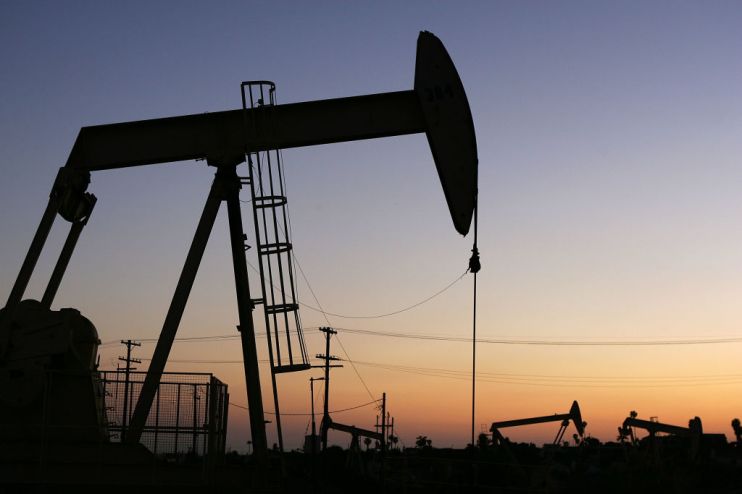Oil prices dip as investors ‘boo’ Opec production cut

Oil prices have slipped this morning as investors worry that huge production cuts will not be enough to offset the slump in demand amid a deep, coronavirus-driven global recession.
Brent crude fell 2.4 per cent to $28.90 per barrel in early London trading. US crude was 0.9 per cent lower at $19.94. The falls mean the oil price has roughly halved since the start of the year.
The drops in oil prices came despite Opec+ (the Oil and Petroleum Exporting Countries including Russia and other partners) agreeing to the biggest ever cut in production.
The group has struck a deal to reduce output by 9.7m barrels per day (bpd) for May and June. Cuts from the US, the world’s biggest producer thanks to its shale operations, will add to this.
US shale oil output is expected to drop by 194,000 bpd in April according to the US Energy Information Administration, the biggest drop on record.
Yet investors think this will not be enough to match the huge drop in demand as the world economy crashes thanks to coronavirus.
Sign up to City A.M.’s Midday Update newsletter, delivered to your inbox every lunchtime
The International Monetary Fund (IMF) yesterday predicted the world economy will shrink by three per cent this year in its worst performance on record. It said the “Great Lockdown” will rival the Great Depression.
Ipek Ozkardeskaya, senior analyst at Swissquote Bank, said the Opec+ deal had been “booed by investors” as not enough.
“Fading expectations of a meaningful supply-side intervention, combined to uncertainties regarding how long the slump in global oil demand may last should continue weighing on oil prices,” he said.
Shares in oil majors dropped as prices fell. BP’s shares were 5.4 per cent lower in morning trading at 303.7. Shell was 4.7 per cent lower at 1.354.2 per share.
Saxo Bank’s chief economist Steen Jakobson said: “Crude oil’s failure to rally following the historic Opec+ production cut agreement highlights the continued downside risks.”
“At best the deal may help stabilise the market until lockdowns are being lifted and demand returns.”